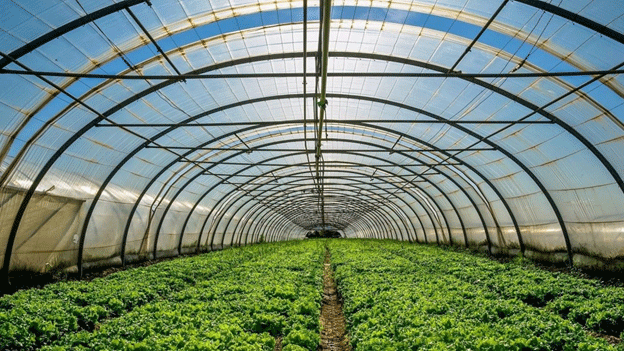Greenhouses are vital for intensive agriculture, especially in regions where external climate conditions limit year-round production. However, they come with their own set of challenges—most notably, the health risks associated with pesticide exposure. A study conducted by the Biosanitary Research Institute of Granada sheds light on this pressing issue, revealing how prolonged exposure to pesticides impacts the immune systems of agricultural laborers.
The study focused on molecular markers in the blood of greenhouse workers, aiming to understand the effects of pesticide exposure on their immune systems. Results indicated two key inflammatory responses: one associated with allergic conditions and another linked to low-grade chronic inflammation. Chronic low-grade inflammation, when persistent, is known to increase the risk of severe health conditions, including cancer and cardiovascular diseases.
Antonio Hernández, the lead researcher and professor of Toxicology at the University of Granada, emphasized the significance of these findings. “If this low-intensity inflammatory pattern persists over time in individuals exposed to pesticides, it could contribute to chronic diseases or cancer,” Hernández stated.
Although European Union regulations have significantly reduced pesticide usage since the early 2000s, this research serves as a critical reminder that further preventive measures are needed. Protective equipment, improved ventilation in greenhouses, and reduced reliance on chemical pesticides through integrated pest management (IPM) can help mitigate risks. According to the European Food Safety Authority (EFSA), pesticide residue levels in food have decreased substantially, but occupational exposure remains a concern, particularly for greenhouse workers who spend long hours in enclosed, chemical-laden environments.
The World Health Organization (WHO) estimates that about 3 million cases of pesticide poisoning occur annually worldwide, with 20,000 resulting in death, predominantly in low- and middle-income countries. This underscores the importance of enforcing safety regulations, educating workers on proper handling, and transitioning to safer alternatives such as biological pest control methods.
The health risks associated with pesticide exposure in greenhouses are a critical concern for the agricultural industry. While advancements in regulation and technology have reduced some risks, there remains a need for targeted preventive measures to protect the health of greenhouse workers. The adoption of safer agricultural practices and stricter enforcement of safety standards are vital to ensuring the long-term wellbeing of these essential laborers.










